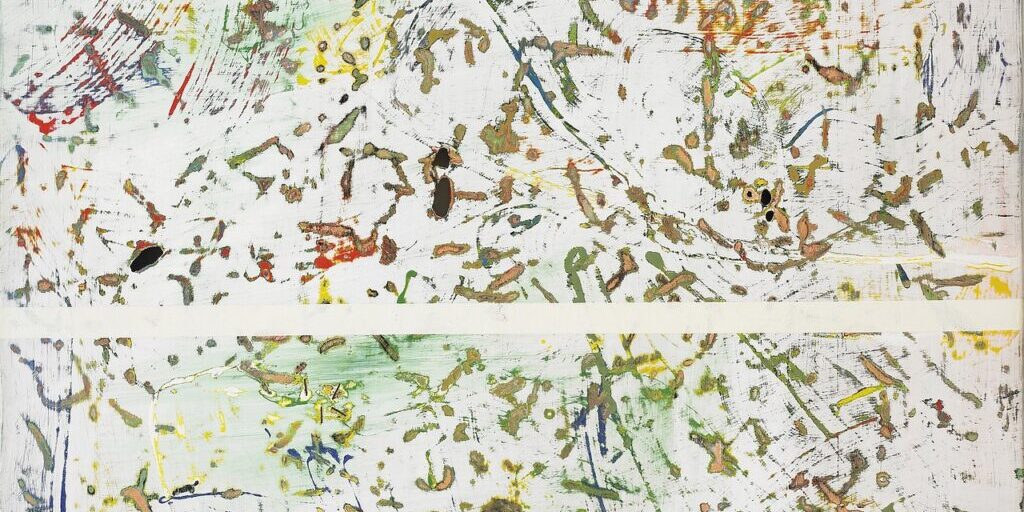
Hilary, Treatise on the Psalms: How to name the book
Welcome to the first entry in what I project, if I follow an unbroken pace of ~2 pages of Latin base text per week, to be a 12-year process of translating the entirety of Hilary of Poitiers’ Treatise on the Psalms.
Today we start at the very beginning, with six weeks on Hilary’s general introduction to his commentary. His first topic: what is the most appropriate title for the Psalter, and why?
TREATISE ON THE PSALMS
PREPARATORY TEACHING ON THE PSALMS[1]
1. I have ascertained that there are a variety of opinions from many people about the Book of Psalms from their own books that they have left [to posterity].
Some of the Hebrews want the Psalms divided into five books, such that Book 1 goes up to Psalm 40, Book 2 from Psalm 40 to Psalm 71, Book 3 from there to Psalm 88, Book 4 to Psalm 105 – on account that each of these psalms has “Amen, amen!” in their concluding [psalm] – and Book 5 thence comes to an end at Psalm 150.
Others have judged that the Psalms must be titled The Psalms of David, and they want us to understand by that title that all the Psalms were composed by David.
But we, following the authority of the Apostles, name it and write it as The Book of Psalms. For we remember that it was said thus in The Acts of the Apostles: “It is written in the Book of Psalms, ‘Let his house be deserted, and let someone else take up his office!’” (Acts 1:20, citing Ps 68:28, 108:8). Thus they should be called neither The Five Books [of Psalms] following some of the Hebrews nor The Psalms of David following the simplistic opinion of many, but following the authority of the Apostles they must be known as The Book of Psalms.
2. Moreover, there is more than one author of these same Psalms. At the top of some of them is inscribed the author David, above others Solomon, above others Asaph, above others Idithun, above others the sons of Korah, and above one of them Moses. It is indeed absurd to name it The Psalms of David when their authors are designated right there in the very titles of the writings! It should more rightly be called The Book of Psalms, as the various prophecies of various authors at various times have been collected into one volume.
Moreover, we see that the names of Jeremiah, Haggai, and Zechariah are noted in the superscriptions of some of the Psalms – though none of these are found thus published in the authentic books of the Seventy Translators [i.e., the Septuagint], as also in many Latin and Greek codices the simple titles of the psalms are proffered without these [prophets’] names.
3. Moreover, for those Psalms which we have without the names of various authors under various superscriptions, there is this tradition among ancient men: from a Psalm whose author is put in the superscription, those which follow it without superscriptions of an author should be judged to be [composed] by the author who is recorded for that previous psalm, until a Psalm where the name of a different author is proffered, such that if there is this sort of superscription over some Psalm: “a psalm of David”, the rest that follow without a title should be believed as being David’s, until when the name of a different prophet is put in a superscription, and from there until [the titles switch] to another prophet those [psalms] which are in between without [a name on] record would be his who started to be mentioned as the author in the superscription of the previous psalm.
4. Which if someone should detract from the credibility of this understanding based on the fact that, in the Psalms which follow the Psalm that has Moses proffered as its author, it is written in Psalm 98: “Moses and Aaron among His priests, and Samuel among those who invoke His name” (v.6), it seems that this could not have been prophesied by Moses, since Samuel’s name is in the psalm who was born such a long time after Moses, let him remember that it should not seem wondrous or difficult at all that such a Prophet should have published the name of such a Prophet, even so far in the future, since in the Books of the Kings King Josiah’s name is prophesied before he was born, when a prophet says: “Altar, altar, thus says the Lord: behold, a son of David will be born, his name Josiah” (1Kgs 13:2). By this fact it should not seem unbelievable that Samuel had been preached by Moses, especially since according to Jeremiah who says: “Not even if Moses and Samuel should stand [before me]” (15:1), Samuel should be named alongside Moses and held as his equal by virtue of his holiness.
If the tradition which is put forth that Ezra collected the Psalms into one book after the Captivity be judged false or improbable (to the extent that it is believed), those who speak out against [this tradition] need to show the [actual] authors of these Psalms; for it is an absolute [fact] that they could not have been prophesied except by Prophets who were prophesying!
[1] In this Instructio Hilary follows in nearly exact order Origen of Alexandria/Caesarea’s preface to one of his own several books on the Psalms and his commentary on Psalm 1. The text as compiled in Patrologia Graeca 12, 1053-1076 for the preface and 1076-1097 for Psalm 1 (later emended and commented upon in 1914 by G. Rietz) was drawn primarily from a single work originally misattributed to Hippolytus of Rome as the Greek version (as opposed to the Syriac) of his introduction to his own collection of Psalm homilies, supplemented by quotes in Books 2-3 of the catena, or rearranged series of quotations, called Philocalia traditionally said to have been compiled by Basil of Caesarea and Gregory of Nazianzus in the 350s-360s.
Mention should also be made here of the commentary on Psalms 1-50 attributed to Eusebius of Caesarea (in PG 23, 72-441) and a Latin-language compilation of quotes from both Origen and Eusebius perhaps translated by Jerome (in Patrologia Latina 26, 1299-1305).

